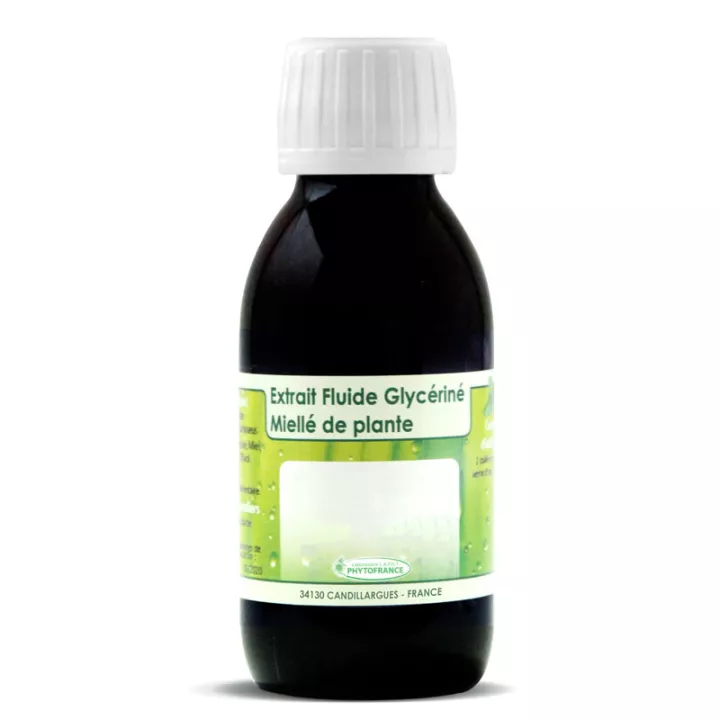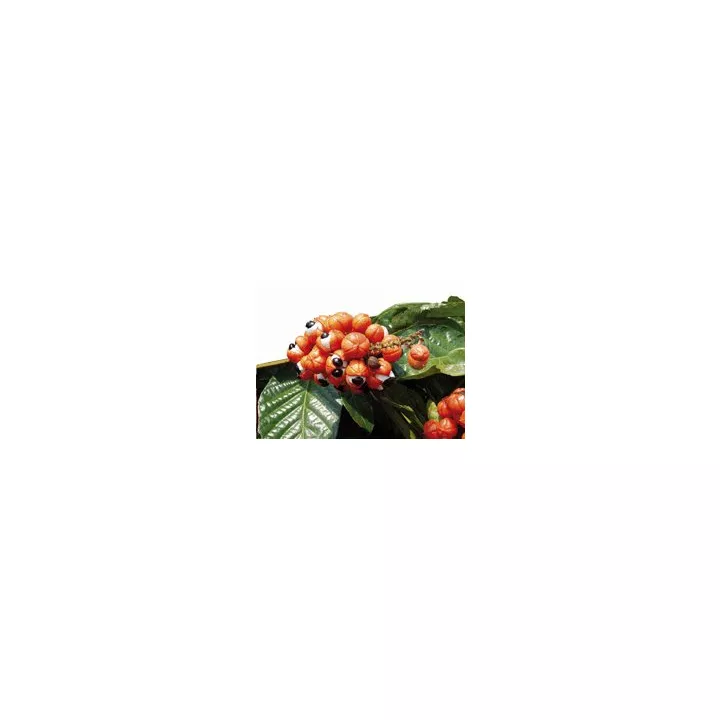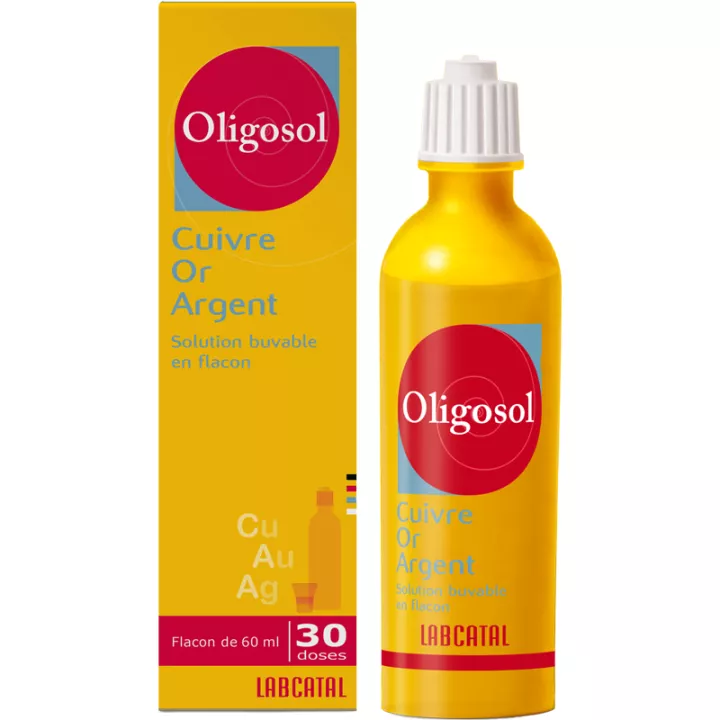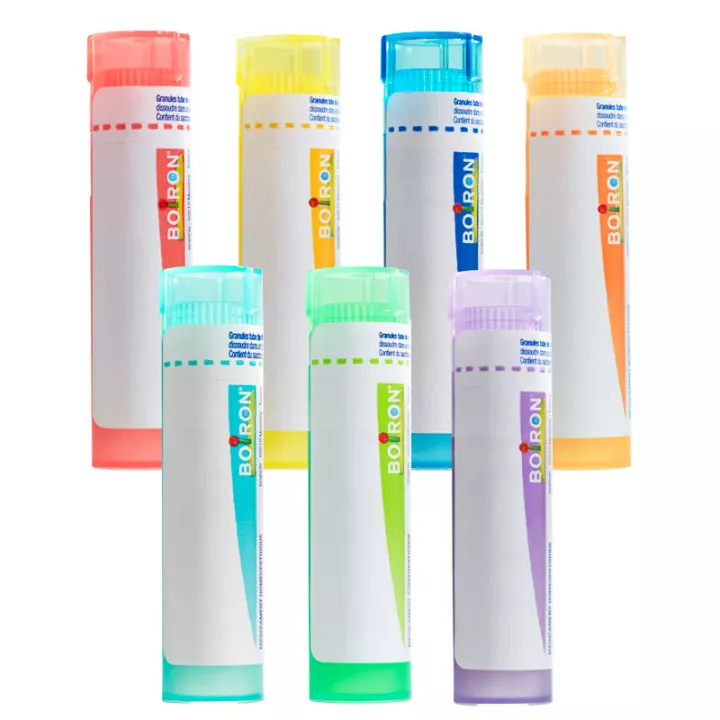What is Rhodiola Bio EFG 125 ml PhytoFrance used for?
If you're looking for a natural solution to improve your physical and mental well-being, Rhodiola fluid extract could well be the answer to your needs. Rhodiola, or Rhodiola rosea, is an adaptogenic plant recognized for its many health benefits, including stress management and improved cognitive and physical performance.
Rhodiola fluid extract is particularly rich in antioxidants, essential compounds that help protect your body's cells from free radical damage. By acting as an anti-inflammatory, it can also help reduce the symptoms of chronic inflammation, a health problem that affects many people. By incorporating this extract into your daily routine, you can strengthen your body in the face of external aggression.
As an adaptogen, Rhodiola helps increase resistance to stress, whether physical or emotional. This effect is particularly useful for those facing periods of intense stress, such as students at exam time or professionals under pressure. By regulating levels of the stress hormone cortisol, Rhodiola promotes healthy emotional balance and better stress management.
In addition to its benefits on stress, Rhodiola is also recognized for its effects on cognitive function. Studies show that it can help improve concentration, memory and problem-solving skills. Whether you're a student, a professional or simply someone looking to boost intellectual performance, this extract can be a valuable ally.
Finally, for athletes or active people, Rhodiola is known to enhance physical performance. Thanks to its properties, it can increase endurance and reduce fatigue, enabling you to prolong your physical efforts and achieve your goals more effectively.
In conclusion, Rhodiola fluid extract is a versatile dietary supplement with numerous benefits for body and mind. It protects the body's cells, boosts resistance to stress, improves cognitive function and supports physical performance. If you're looking for a natural product to support your overall well-being, this Rhodiola extract is a wise choice.
To benefit fully from the effects of this extract, we recommend combining it with a balanced diet and healthy lifestyle.
PhytoFrance also offers Clary Sage EFGM extract at the best price in our online pharmacy.
How to use Rhodiola extract?
To enjoy the benefits of Rhodiole Bio EFG 125 ml PhytoFrance, we recommend taking 5 ml, 1 to 2 times a day. This supplement should be taken between meals for optimum absorption. Dilute the dose in a large glass of water or fruit juice for easier consumption. The ideal duration of supplementation is 9 to 18 days, and you can renew this period according to your specific needs.
Give your opinion on the advice for use and dosage of Rhodiole Bio EFG 125 ml PhytoFrance with our partner Verified opinions after your purchase.
Precautions for use
This dietary supplement is not a substitute for a varied, balanced diet and a healthy lifestyle. Excessive consumption may have laxative effects. Best before expiration date indicated on packaging. Do not exceed the indicated daily dose. Store at room temperature, away from light and out of reach of children.
What does it contain?
Rhodiola Extract - Rhodiola Rosea L. (Roots), Stabilized In Glycerin Of Vegetable Origin, Water, Ethanol, Glycerol, Ab Honey.
Presentation
125 ml bottle.
















